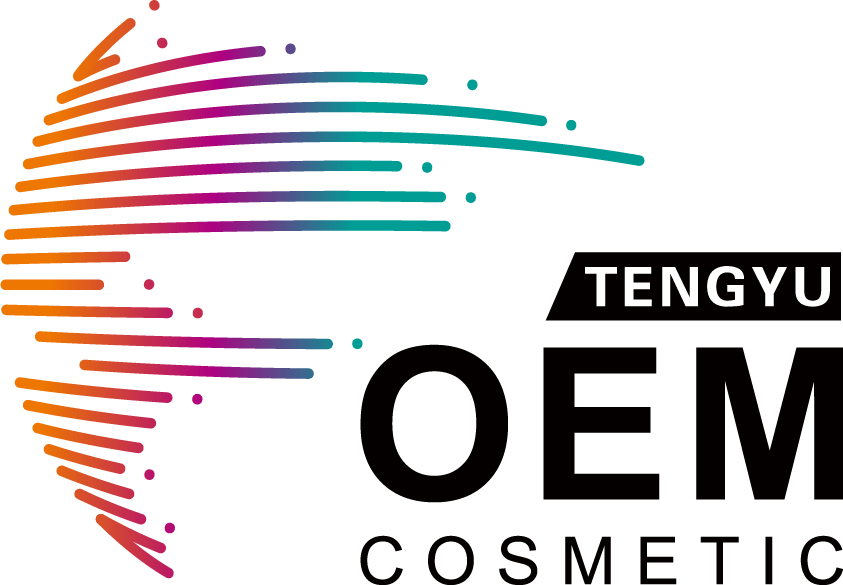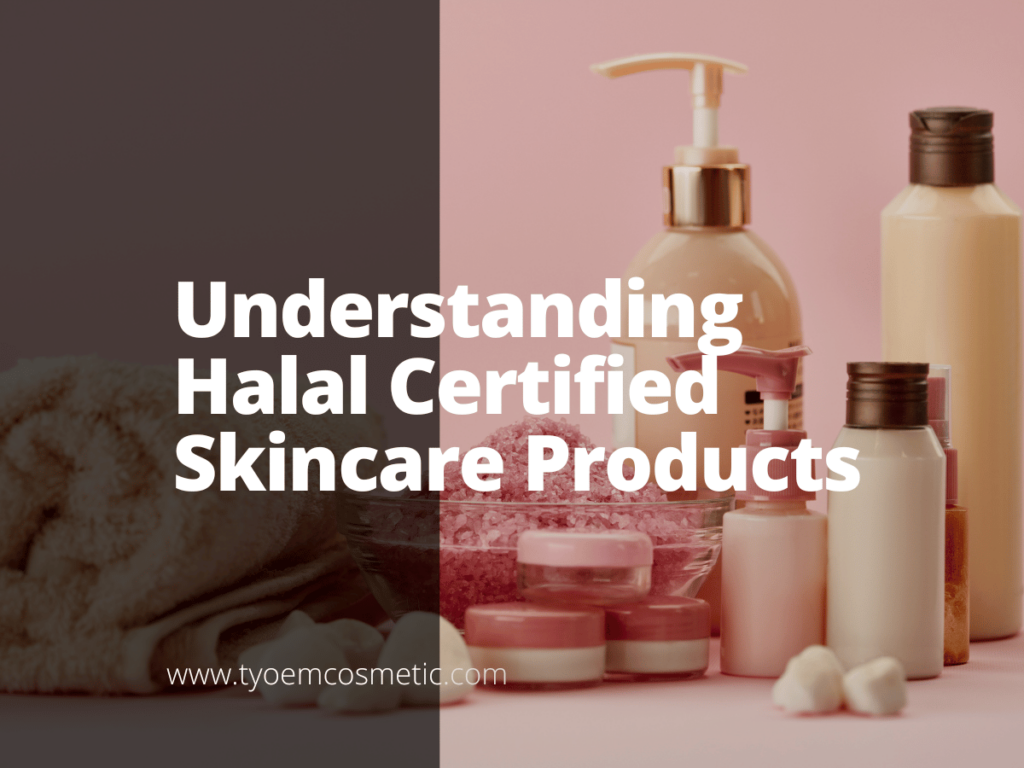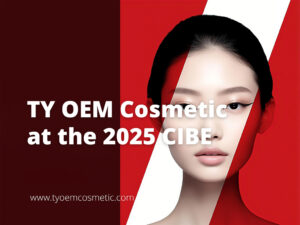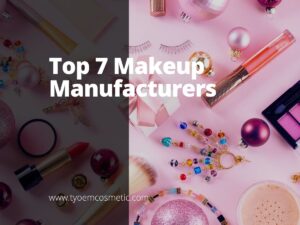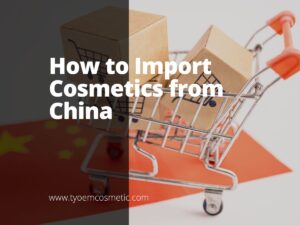Is your brand meeting the needs of of consumers looking for halal skincare? This rapidly growing niche could be key to discovering new market segments and expanding your customer base.
As a cosmetic expert deeply committed to ethical and inclusive practices, I understand the importance of transparency and integrity in the beauty industry. My insights aim to share reliable information.
Halal skincare not only adheres to strict purity standards but also opens your business to a global market eager for ethical options. These products meet meticulous guidelines that resonate with diverse consumers.
In this guide, we’ll explore why halal certification can be a game changer for your product line and how it taps into an underserved yet rapidly expanding demographic.
Keep reading!
1. Understanding Halal Certification in Skincare
Halal certification in skincare is a critical stamp of approval for products that comply with Islamic law. This certification ensures that skincare products are manufactured, produced, and composed of ingredients permissible under Islamic law. Brands seeking this certification undergo a rigorous process to ensure all aspects of production align with halal standards.
Here’s the interesting part, the appeal of halal skincare extends beyond just the ingredients. It encompasses ethical manufacturing processes that exclude harmful chemicals and unethical practices. This certification can significantly enhance a brand’s image and credibility, opening doors to new markets.
2. Benefits of Using Halal Certified Skincare
Following the understanding of halal certification in skincare, let’s delve into the specific advantages this accreditation brings to brands and consumers alike. Here are the compelling benefits:
Market Expansion
Halal certified skincare products open up access to the global Muslim population, which is estimated to reach USD 52 billion by 2025, according to The Halal Times. This growing demand acts as a passport for entry into predominantly Muslim countries, where consumers demand products that align with their religious beliefs.
Builds Consumer Trust
Brands that achieve halal certification enhance their credibility significantly. Consumers trust that these products meet stringent ethical and purity standards, which is crucial in a market flooded with claims of natural and ethical sourcing. This trust can translate into higher customer loyalty and repeat purchases.
Safer Ingredients
The best part is with halal certification, each ingredient is pure to ensure it is free from harmful substances commonly found in skincare products. This meticulous attention to composition means consumers can enjoy products that are not only compliant with religious practices but also gentler and safer for all skin types.

3. The Halal Certification Process
Building on the benefits of using halal certified skincare, it is crucial to understand the certification process that brands must undergo to achieve this prestigious status. Here are the key steps involved:
Step#1 Application and Documentation
Brands begin by submitting a detailed application to a halal certification body, along with product formulations and ingredients lists. This documentation is thoroughly reviewed to ensure that all components meet halal standards, which exclude alcohol, certain animal derivatives, and other forbidden substances.
Step#2 Facility Inspection
A critical step is the inspection of the manufacturing facilities. Certification bodies send auditors to ensure that the production processes and handling methods prevent contamination with non-halal materials. This includes checking for proper storage, cleanliness, and segregation practices within the facility.
Step#3 Product Evaluation and Testing
Products are subjected to rigorous testing to confirm that they comply with halal standards. This often involves laboratory tests to detect traces of prohibited substances. Ensuring product purity is paramount, as it reflects the integrity of the certification.
Step #4 Certification Issuance
After successful evaluation, brands receive halal certification, followed by regular audits and annual renewals to ensure ongoing compliance. This process sustains the credibility of the halal-certified label and reinforces consumer trust in the brand’s commitment to halal principles.

4. Regulatory Landscape and Certification Bodies
As I shared the halal certification process, it highlights the importance of understanding the specific regulatory landscape and the role of certification bodies. Here are key details about established and recognized certifications:
Global Standards Vary
Different countries have distinct halal standards and regulatory frameworks. For example, Malaysia’s Department of Islamic Development (JAKIM) is one of the most rigorous and respected halal certification authorities worldwide. In contrast, countries like the United States may rely on multiple private bodies, such as the Islamic Services of America (ISA) or Halal Advocates of America.
Accredited Certification Bodies
It’s essential for brands to choose certification bodies accredited by global Islamic councils, like the World Halal Food Council or the Standards and Metrology Institute for Islamic Countries (SMIIC). This accreditation ensures that the halal certification will be widely recognized and respected, particularly in key markets with strict import regulations.
Regulation and Compliance
In countries such as Indonesia, the Majelis Ulama Indonesia (MUI) certifies products and also influences governmental policy regarding halal product importation and distribution. Ensuring compliance with such local regulatory bodies is crucial for market entry and consumer trust.
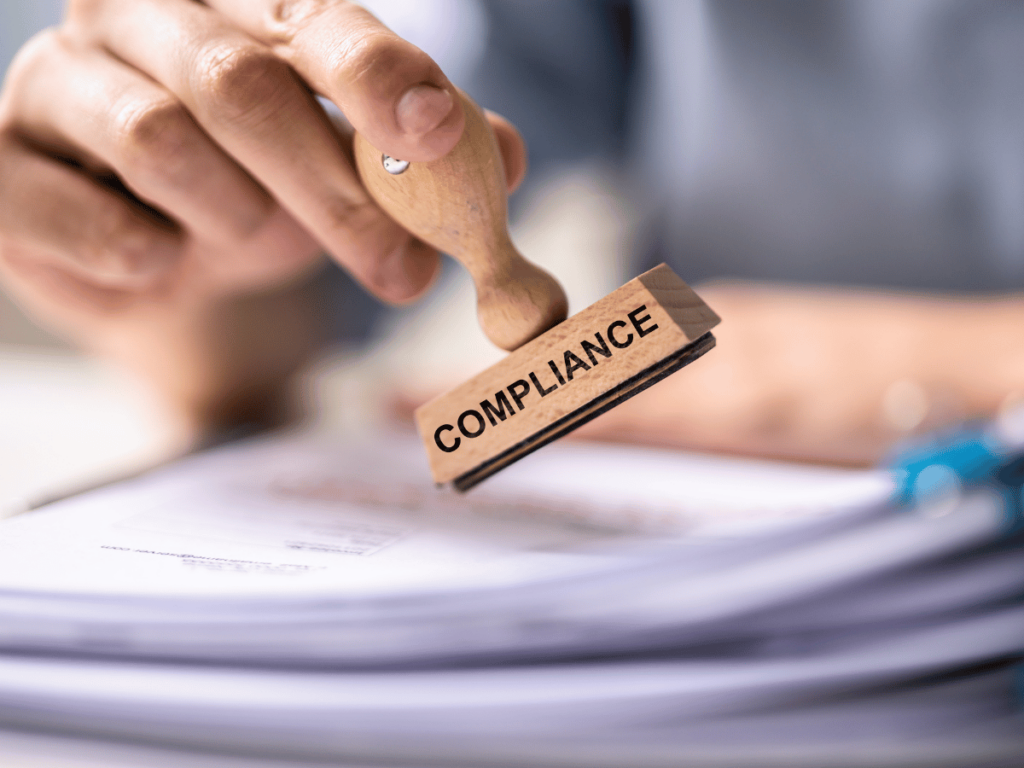
5. Halal Certified Skincare vs. Non-Halal Skincare
After understanding the regulatory landscape and the various certification bodies, it’s clear why halal certification is significant. Now, let’s examine the differences between halal certified skincare and non-halal skincare products:
Ingredient Purity
Halal certified skincare products like what TY Cosmetics is offering ensure that all ingredients are free from prohibited substances such as alcohol and certain animal derivatives. This contrasts sharply with non-halal skincare, which may include ingredients that are not permissible under Islamic law, often without clear labeling.
Ethical Production
Halal certification also implies adherence to ethical production practices, including the humane treatment of animals and prohibition of harmful pollutants. Non-halal products do not necessarily follow these ethical guidelines, which can be a concern for ethically-conscious consumers.
Market Appeal
Halal skincare products automatically appeal to Muslim consumers who are looking for products that align with their religious practices. This market is largely untapped by non-halal skincare lines, which can limit their market reach in predominantly Muslim regions or among ethically-oriented demographics.
Below is a table that highlights key factors contributing to the market appeal of halal skincare products, specifically aimed at Muslim consumers who prioritize products that align with their religious practices.
| Factor | Description | Market Impact |
| Religious Compliance | Halal skincare products adhere to Islamic laws, which prohibit the use of alcohol, pork-derived ingredients, etc. | Essential for consumers in Muslim-majority areas |
| Ethical Consumerism | Appeals to consumers interested in ethical product sourcing and manufacturing processes. | Attracts a broader base of ethically-conscious consumers |
| Ingredient Transparency | Clear labeling of ingredients ensures compliance with religious practices and appeals to health-conscious consumers. | Increases consumer trust and brand loyalty |
| Market Differentiation | Offering halal products can differentiate a brand in a competitive market. | Provides a competitive edge in saturated markets |
| Global Reach | Halal certification is recognized globally, enhancing the export potential of skincare products. | Opens up international markets, especially in Asia and the Middle East |
6. Challenges in Acquiring Halal Certification
As we explore the distinctions between halal certified skincare and non-halal skincare, it becomes evident that achieving halal certification is not without its hurdles, right? Moving forward, here are some of the significant challenges companies may face:
Complex Documentation Requirements
The initial barrier is often the comprehensive documentation required. Companies must provide detailed information on every ingredient, source, and production process. This can be daunting for businesses, especially smaller ones without the resources to gather and maintain such extensive data.
Rigorous Inspection Procedures
Getting facilities ready for halal certification involves rigorous inspections to ensure compliance with halal standards. These inspections check for cross-contamination with non-halal products and inspect all aspects of the production process, which can require substantial changes to existing operations.
Cost Implications
The cost of obtaining and maintaining halal certification can be significant. From the application fees to the potential need for altering production practices and ingredients, I guess financial investment is considerable. This cost factor can be a substantial hurdle, particularly for startups and smaller enterprises.
7. 3 Tips on How to Identify Certified Halal Skincare Products
After exploring the challenges in acquiring halal certification, it’s crucial for both consumers and businesses to know how to identify authentic halal skincare products. Here are some effective tips:
#1 Halal Logo
Start by looking for the official halal logo on the product packaging. This logo indicates that the product has been certified by an accredited halal certification body. Make sure it is clear and includes the name of the certifying organization. We at TY cosmetics products always make sure to have this logo in all products.
#2 Certification Code
Halal certification codes are unique identifiers assigned to each certified product or batch. For example, a code might appear as JAKIM/(500)24/202/10. In this case, “JAKIM” indicates the Malaysian certifying authority, followed by a code that signifies the product batch, facility, and date of certification assessment.
#3 Halal Certification Apps
There are mobile apps available that help consumers verify halal certification. For example, “Scan Halal”, this app allows users to scan the barcode of a product to check its halal status. It provides detailed information about the ingredients and their origins. Scan Halal is widely used in North America and parts of Europe.
Dive Deeper Into Our Resources
For some insightful reads, we’ve curated a list of recommended articles just for you:
Still haven’t found what you’re looking for? Don’t hesitate to contact us. We’re available around the clock to assist you.
Conclusion
The importance of halal certification in skincare cannot be overstated, as it assures consumers that products adhere to strict ethical and purity standards. TY Cosmetics takes this commitment a step further by offering a range of skincare products that not only meet halal standards but also cater to the needs of diverse consumers seeking quality and compliance.
In this guide, we’ve covered the critical steps and considerations involved in the halal certification process. TY Cosmetics stands out in this competitive market. To explore their full range of products and see how they can meet your specific business needs, contact us today!
